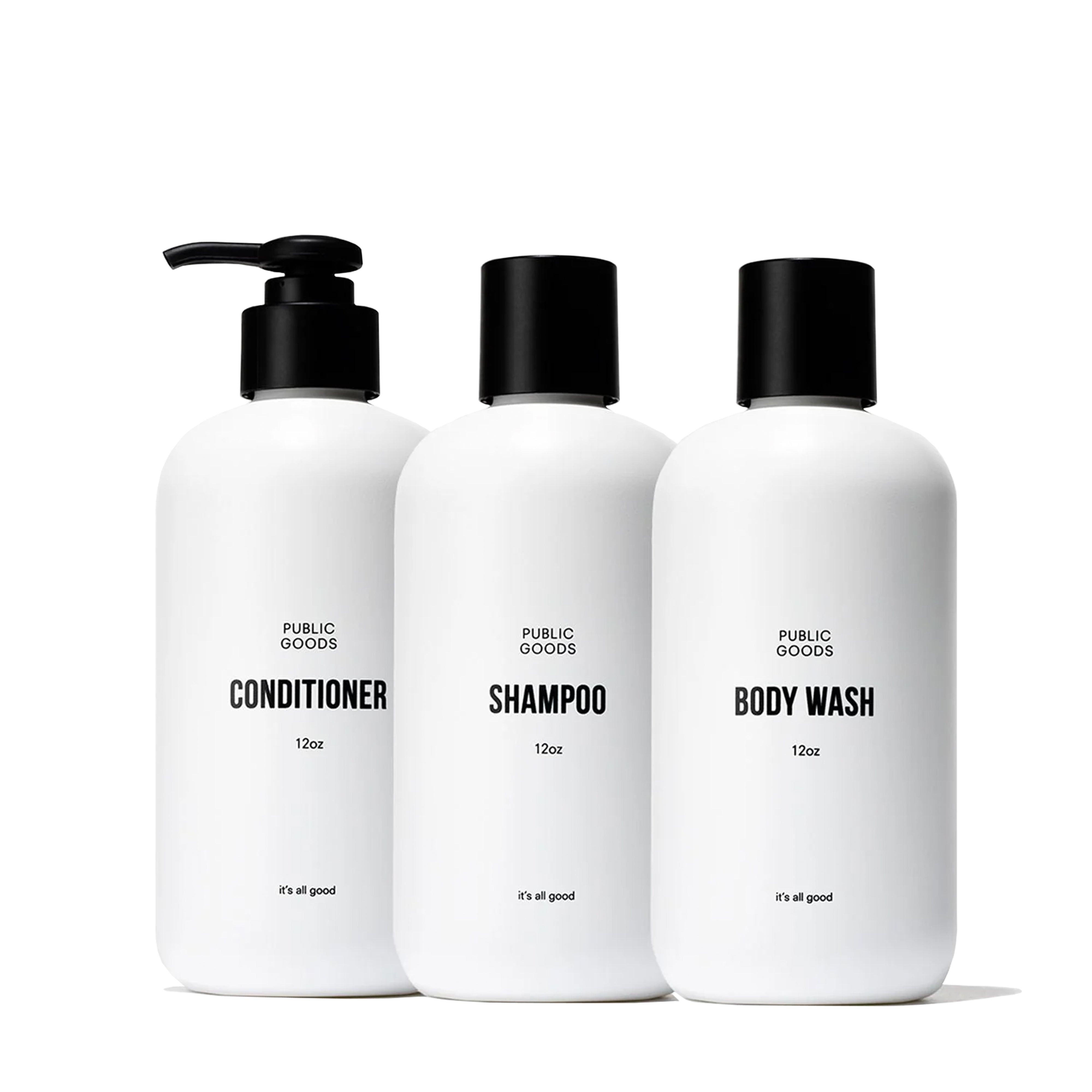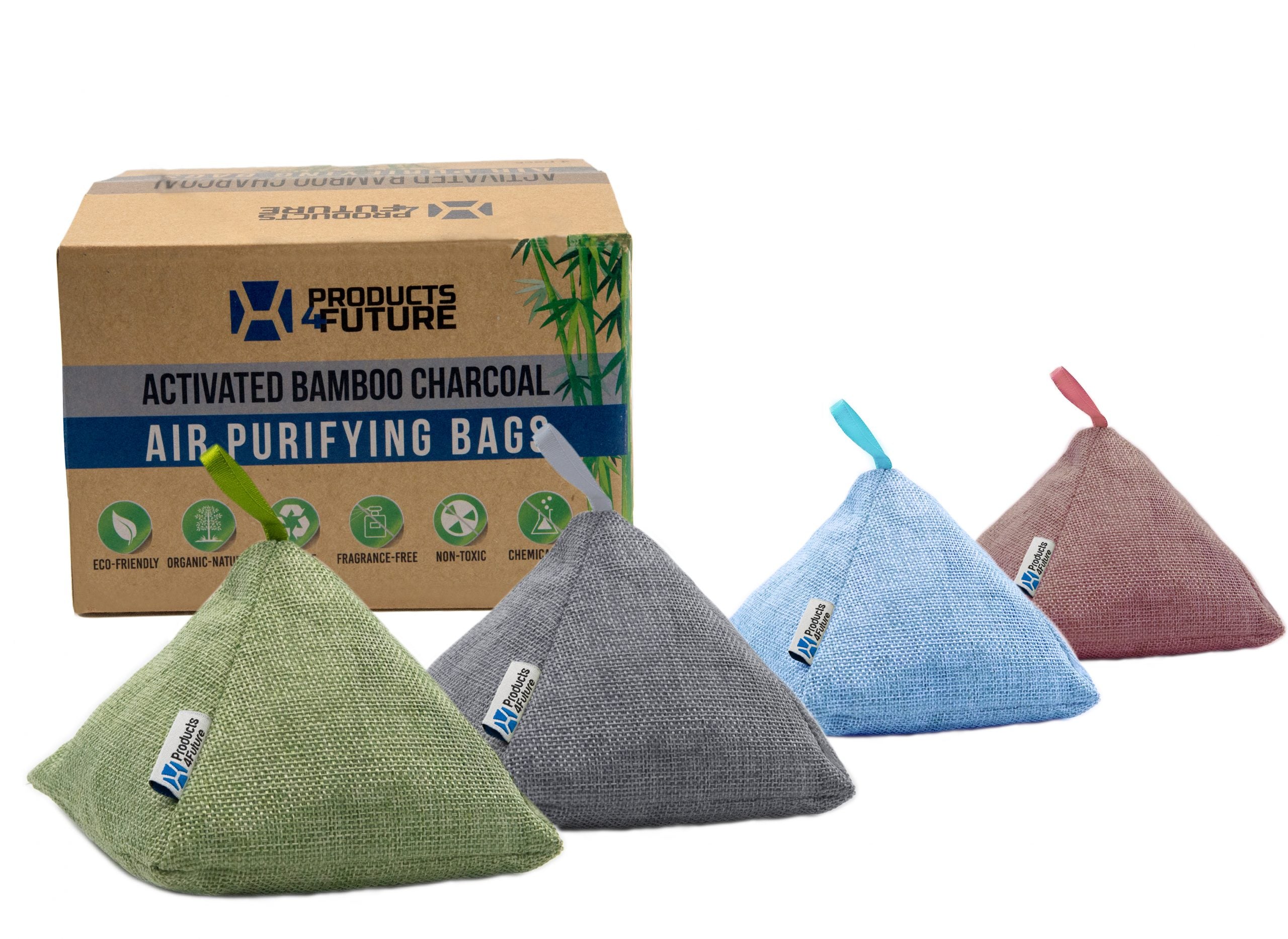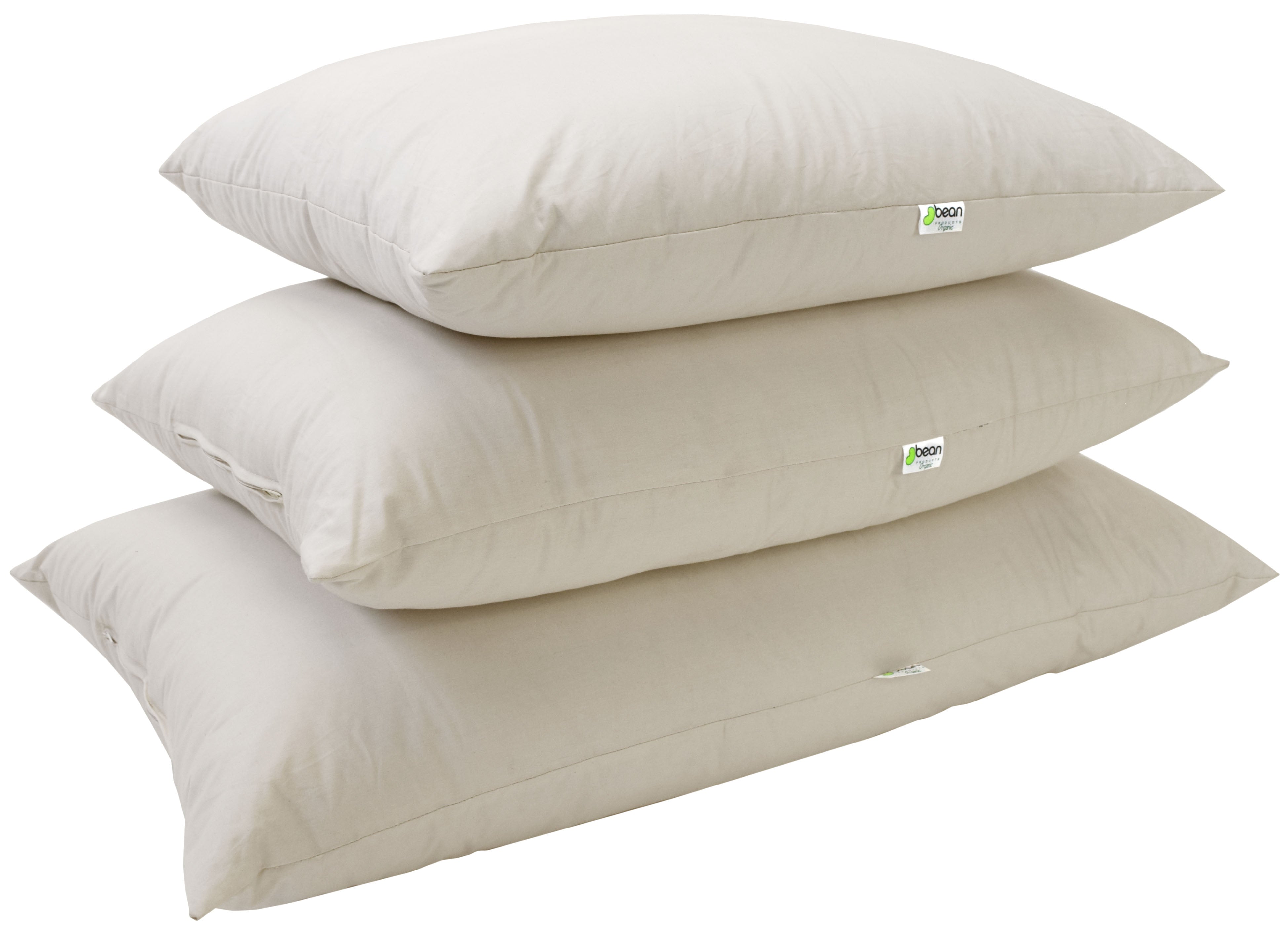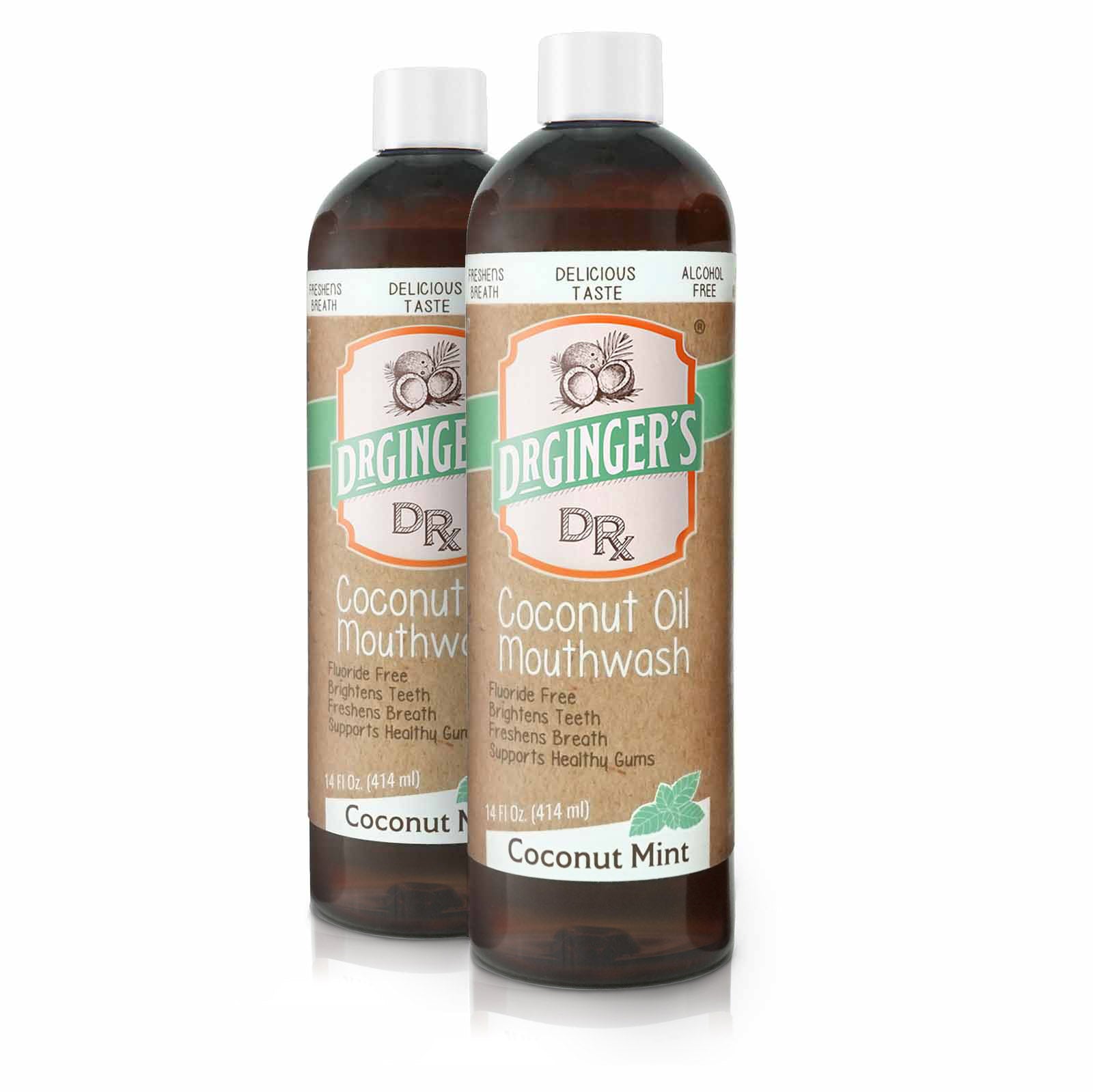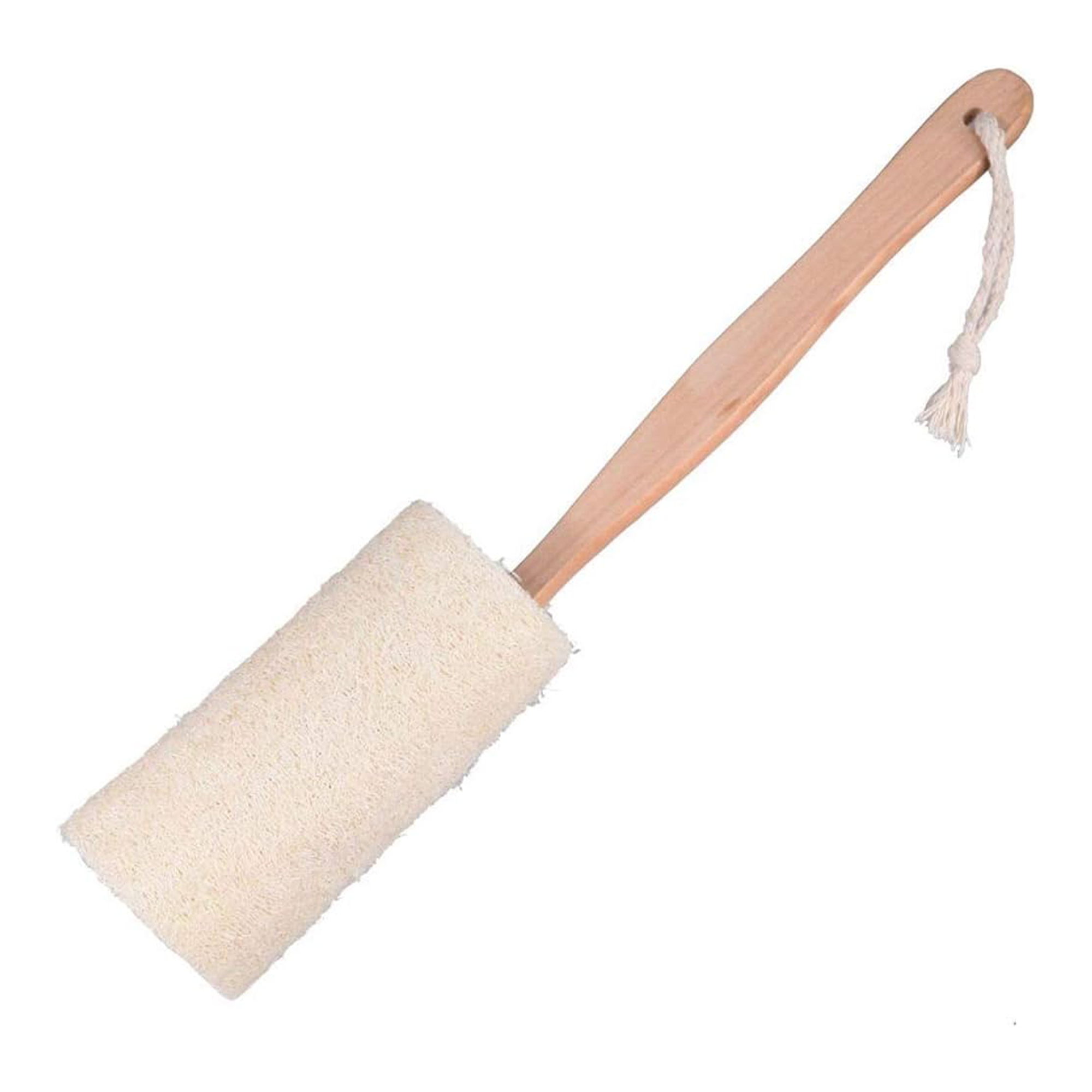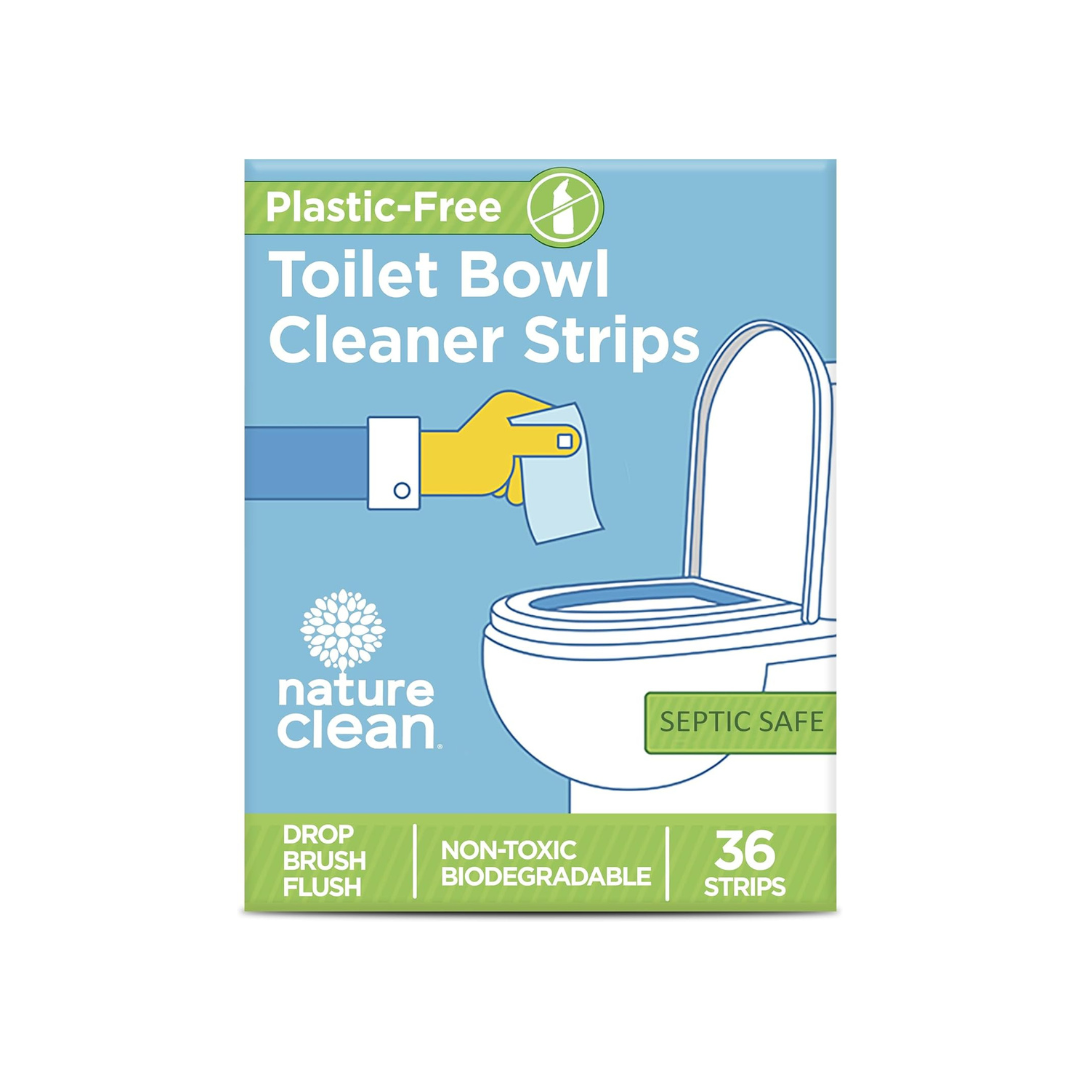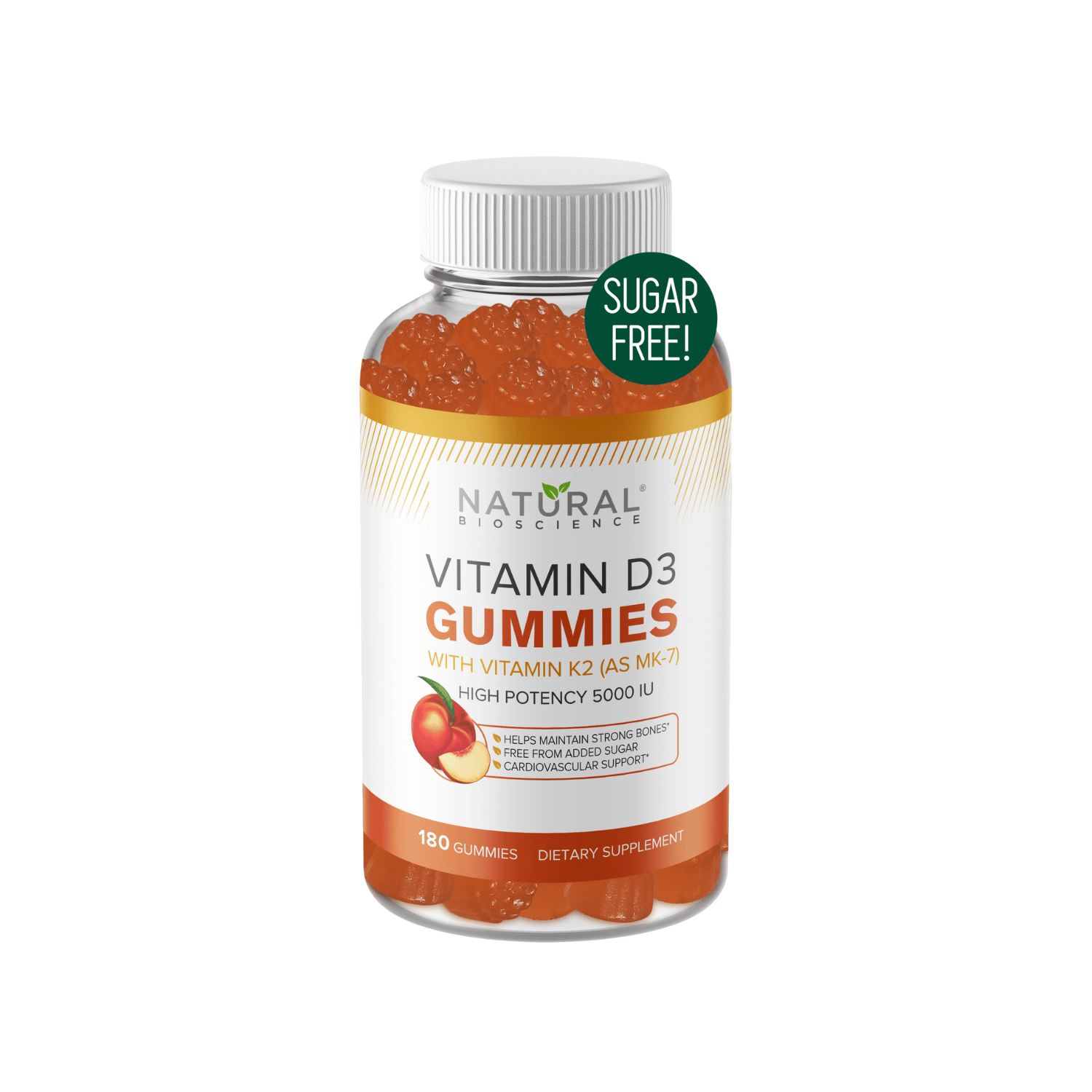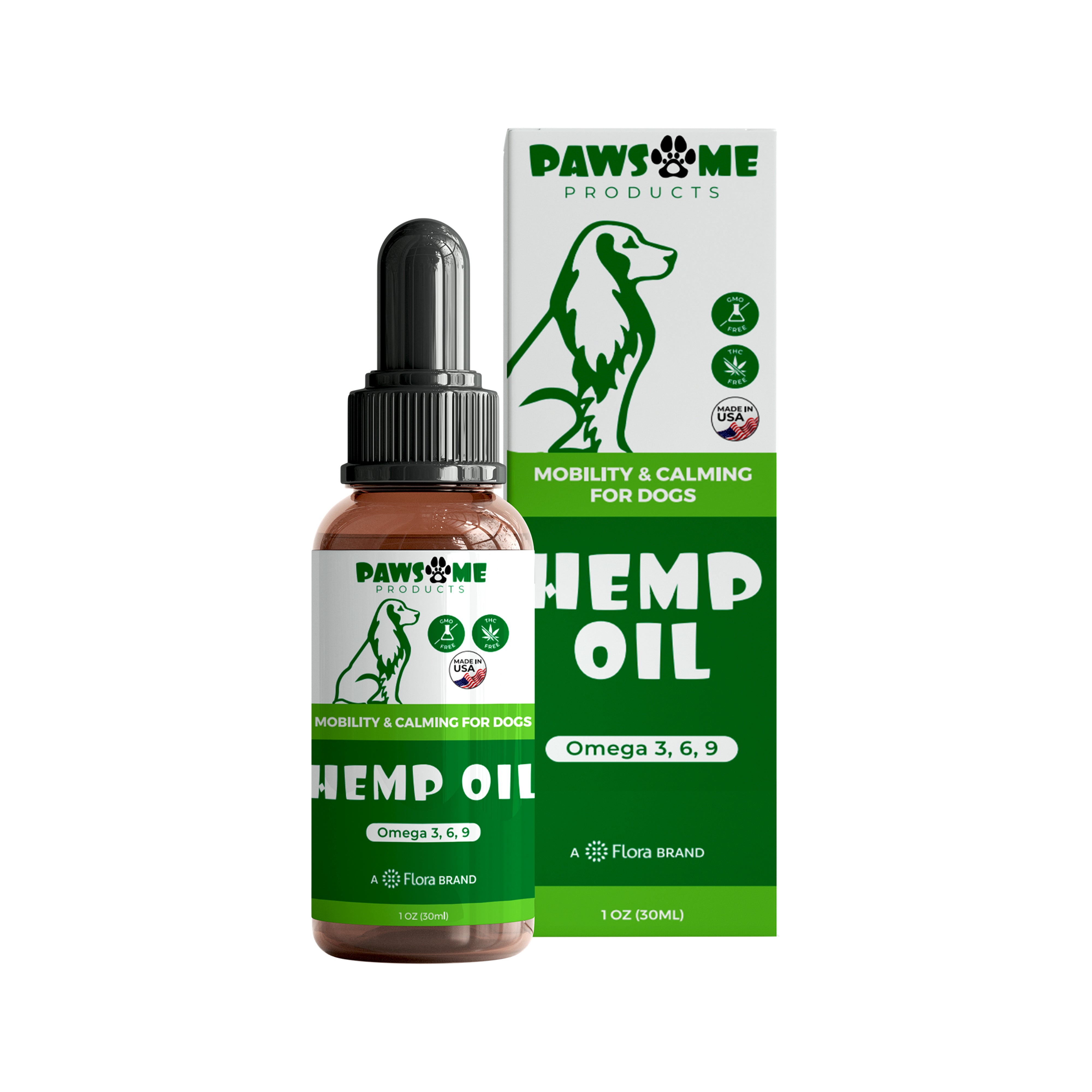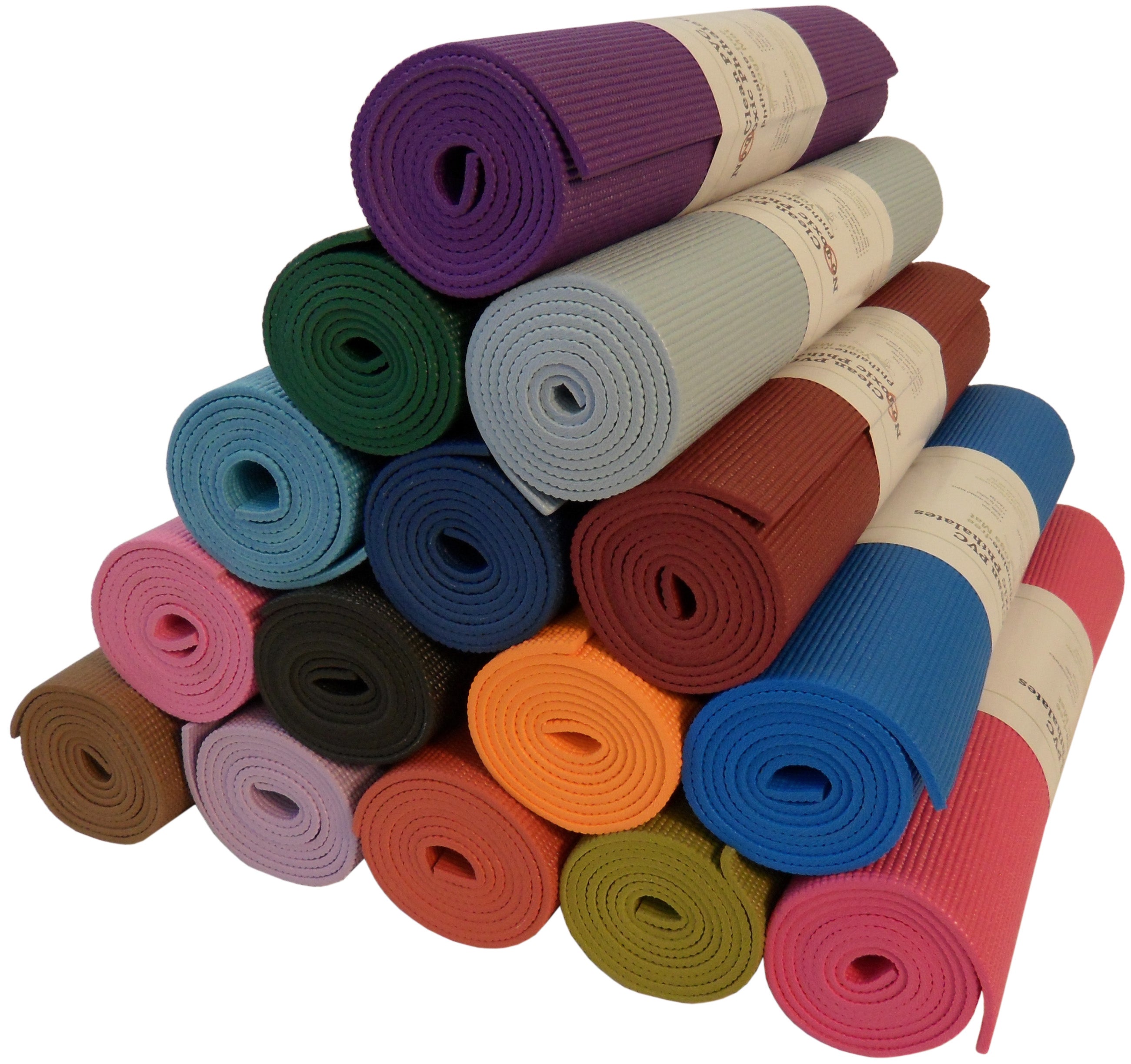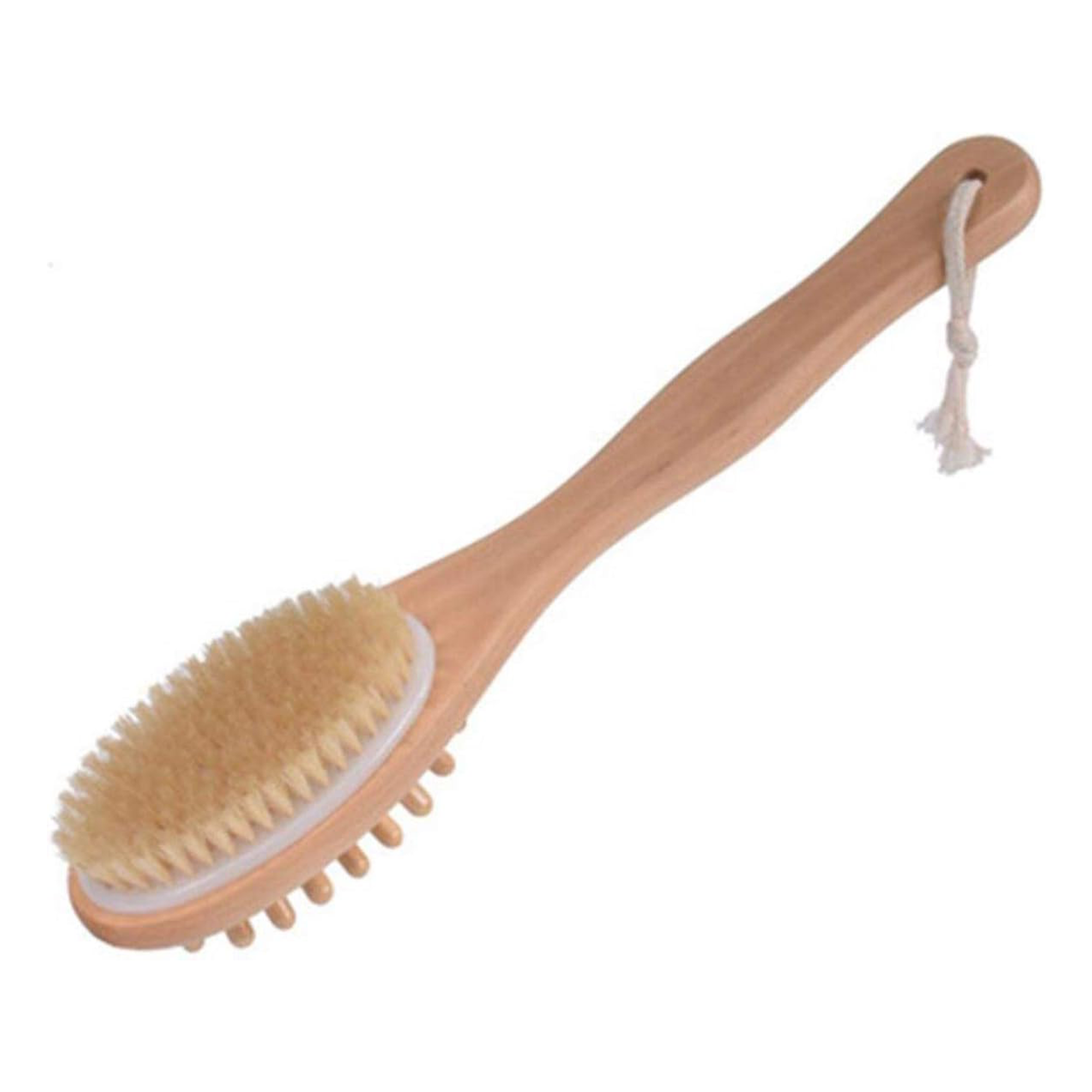Have you ever stopped to think about the amount of waste you produce on a daily basis? From the plastic packaging that comes with your food to the disposable cups you use for your coffee, it all adds up. But there is a solution – low waste living!
So, what exactly is low waste living? It's a way of life that's kinder and less demanding than its cousin, zero waste. Low waste living is all about making changes to your lifestyle where they are possible and sustainable for you to maintain personally, without placing yourself under the pressure of perfectionism. It's a spectrum, where zero waste is intended to be, well... zero. Low waste is up to interpretation, making it more attainable for those of us who don't have the time or resources to learn how to sew our own clothes or stop at three different bulk shops every week.
Ultimately, more people choosing a low waste lifestyle has got to be better than a few people living zero waste and everyone else being too overwhelmed to try, right? It's about making small but impactful changes that are realistic for you, without sacrificing your quality of life.
And today, I'm excited to share with you some simple ideas to kickstart your low waste journey.
Take your own cup and bottle everywhere. One simple way to reduce your waste is to bring your own cup and water bottle when you're out and about. Instead of using disposable ones for your coffee or water, bring a reusable one. And guess what? Many coffee shops now offer discounts to customers who bring their own cups. You can refill your bottle at water fountains or refill stations. This not only reduces waste but also saves you money!
Reduce your food waste. Did you know that reducing food waste is not just good for your wallet, but also for the environment? Food waste is a major contributor to landfills (it makes up 21.6% of all solid waste according to the EPA) and produces methane gas, which is a potent greenhouse gas that's 25 times more potent than CO2.
If you want to make a big impact on reducing food waste, here are three simple steps you can take: first, plan your meals ahead of time so you don't buy more than you need. Second, go grocery shopping when you're not hungry – trust me, your stomach will thank you later! And third, don't forget to compost! Composting is a fantastic way to reduce food waste and create nutrient-rich soil for your garden. You can purchase a compost bin to compost at home, or participate in your community composting program. Start learning the basics with Composting 101.
Go paperless. In today's digital age, there are many ways to reduce your paper waste. Skip paper receipts and ask for your receipt to be sent to you digitally. Instead of printing out documents, try to go paperless and store your files digitally. This not only reduces waste but also saves you money on paper and ink. As another option, you can opt for digital subscriptions instead of physical ones. Many newspapers, magazines, and books are now available in digital form, which reduces the amount of paper waste produced.
Use low waste beauty and personal care products. When it comes to beauty products, many of them come in plastic packaging and produce a significant amount of waste. Don't worry if you're not ready to try "no poo" or ditch deodorant - you can still make a difference with your favorite beauty products. Just be sure to choose low waste options with packaging that can be returned, composted, or at least recycled (plastic #1 and #2). Bars are better than bottles, and be aware that many recycling facilities can't accept small beauty product packaging. But don't fret - many zero waste makeup and sustainable beauty brands recognize the need for compostable or refillable packaging, making it easy to find low waste options for skincare, toothpaste, shampoo, and deodorant. Let's keep our beauty routines green and gorgeous!
During our menstrual cycles, we create a lot of waste because of disposable pads and tampons. Menstrual cups are reusable options for pads and tampons, and they can last for years if taken care of properly. They are also more cost-effective in the long run, as you won't need to purchase disposable products every month. If you want to know more about menstrual cups, check out Why Menstrual Cups Are The Future?.
Make simple low waste swaps. Reusables are the way to go - think reusable straws, utensils, and food containers. These durable alternatives can be used for years if taken care of properly. And, low waste living doesn't have to be complex or costly. Consider these easy zero waste swaps: reusable water bottles, shopping bags, and coffee cups.
Give items a second life. When decluttering your home, consider donating items that are still in good condition. This includes clothing, electronics, and furniture. Many organizations accept donations and will either resell them or donate them to those in need. Plus, purchasing items from thrift stores or secondhand shops supports local businesses and reduces waste. Let's make a positive impact on our community and the planet!
Make low waste changes in your kitchen. It's all about reducing waste in both food and packaging. Plan ahead and shop mindfully to ensure everything you buy gets used. Bulk cooking and freezing leftovers are effective ways to reduce waste. Upcycled glass jars are a great start for packaging, but try using plastic-free food storage containers and learning how to freeze meat without plastic. And consider reducing single servings and individually-wrapped snacks. Purchase fresh, locally grown, in-season food to reduce your carbon footprint and support local farmers and businesses. Let's make our kitchens as green as they are delicious!
Living a low waste lifestyle is easier than you think! With small changes in daily habits, you can make a big impact on reducing waste and helping the environment. From bringing your own cup and bottle, reducing food waste, going paperless, using low waste beauty products, and making simple swaps, to donating items and making low waste changes in your kitchen, there are endless opportunities to live a greener life. So, let's kickstart your low waste journey and make a positive impact on our community and the planet!

